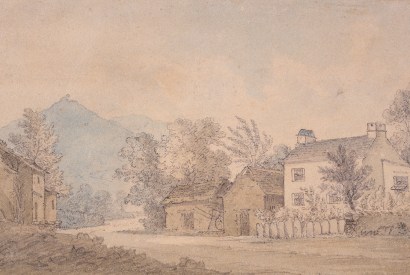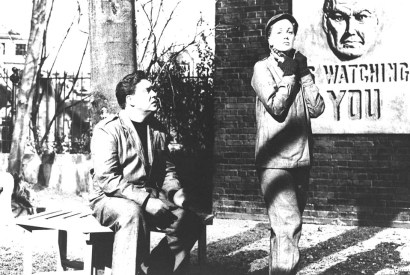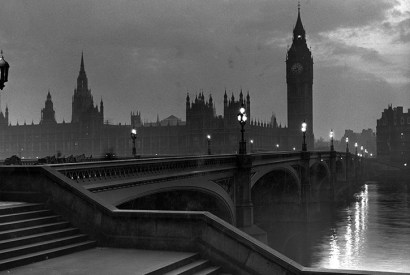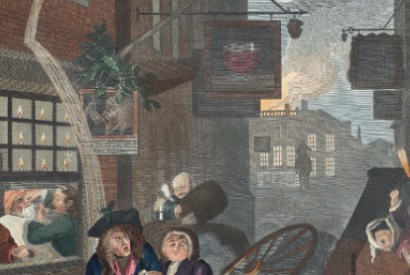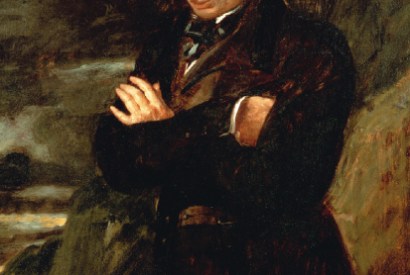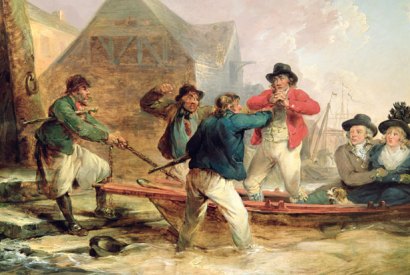William Wordsworth
The subversive message of Paradise Lost
The great poem is mostly about revolution: how much individuals can revolt against God, father, church and king without bringing all the heavens down upon their heads
The healing power of Grasmere
Following in Wordsworth’s footsteps, Esther Rutter finds new self-confidence and happiness in the entrancing surroundings of Dove Cottage
Ravenous rats
Surprisingly for a novel riffing on Orwell’s dystopia, Julia is portrayed as a cheerful young woman uninterested in politics and believing in nothing at all
Letters: Our churches bring comfort – they must reopen
Is ‘the Science’ scientific? Sir: I hope that those in the highest places will have read and will act upon…
Why do writers enjoy walking so much?
Writers like walking. When people ask us why, we say it’s what writers do. ‘Just popping out to buy a…
Dickens’s dark side: walking at night helped ease his conscience at killing off characters
James McConnachie discovers that some of the greatest English writers — Chaucer, Blake, Dickens, Wordsworth, Dr Johnson — drew inspiration and even comfort from walking around London late at night
Sunday roasts and beaded bubbles: dining with the poets
In December 1817 Benjamin Robert Haydon — vivid diarist and painter of huge but inferior canvases of historic events —…
Terror plots, threats to liberties, banks in crisis: welcome to Britain during the Napoleonic Wars
At the end of the 18th century, Britain shuddered in Boney’s shadow, living in constant expectation of invasion and occupation, says Nigel Jones


